The Ultimate Resource 2
By Julian Simon
Category
NatureRecommended by
"The Ultimate Resource 2" by Julian Simon is a thought-provoking book that challenges conventional wisdom and provides a fresh perspective on the issues of population growth and resource scarcity.
Simon’s central thesis is that human beings are the ultimate resource. He argues that people, with their potential for innovation and problem-solving, are the key to overcoming challenges associated with limited resources.
Through extensive research and statistical analysis, Simon counters the Malthusian view that population growth will inevitably lead to global catastrophe. He argues that human ingenuity and technological advancements have historically enabled us to meet the needs of a growing population.
The book explores the concept of "finite resources" and points out that historically, what has been considered a finite resource has continuously expanded due to human innovation. Simon highlights examples from past centuries, such as the transition from whale oil to petroleum, to emphasize the adaptability of human societies.
Furthermore, Simon disputes the notion that resource depletion and environmental degradation are inevitable consequences of economic development. He contends that as technological progress continues, more efficient use and alternative sources of resources will emerge, mitigating environmental impact.
Simon also addresses the issue of poverty, contending that economic growth and development are the most effective means to alleviate poverty and improve living standards worldwide. He emphasizes the crucial role of free markets, entrepreneurship, and innovation in promoting economic progress.
"The Ultimate Resource 2" encourages readers to reconsider their assumptions about population growth, resource scarcity, and the role of humans in shaping the future. It presents a compelling argument for embracing human potential and technological advancement as solutions to the challenges we face.
Overall, this concise and compelling book challenges prevailing narratives by highlighting the power of human ingenuity to overcome resource constraints, while providing an optimistic outlook for the future.
Simon’s central thesis is that human beings are the ultimate resource. He argues that people, with their potential for innovation and problem-solving, are the key to overcoming challenges associated with limited resources.
Through extensive research and statistical analysis, Simon counters the Malthusian view that population growth will inevitably lead to global catastrophe. He argues that human ingenuity and technological advancements have historically enabled us to meet the needs of a growing population.
The book explores the concept of "finite resources" and points out that historically, what has been considered a finite resource has continuously expanded due to human innovation. Simon highlights examples from past centuries, such as the transition from whale oil to petroleum, to emphasize the adaptability of human societies.
Furthermore, Simon disputes the notion that resource depletion and environmental degradation are inevitable consequences of economic development. He contends that as technological progress continues, more efficient use and alternative sources of resources will emerge, mitigating environmental impact.
Simon also addresses the issue of poverty, contending that economic growth and development are the most effective means to alleviate poverty and improve living standards worldwide. He emphasizes the crucial role of free markets, entrepreneurship, and innovation in promoting economic progress.
"The Ultimate Resource 2" encourages readers to reconsider their assumptions about population growth, resource scarcity, and the role of humans in shaping the future. It presents a compelling argument for embracing human potential and technological advancement as solutions to the challenges we face.
Overall, this concise and compelling book challenges prevailing narratives by highlighting the power of human ingenuity to overcome resource constraints, while providing an optimistic outlook for the future.
Share This Book 📚
More Books in Nature
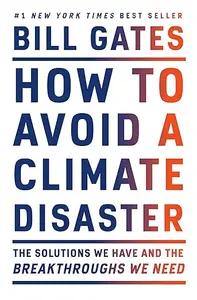
How To Avoid a Climate Disaster
Bill Gates
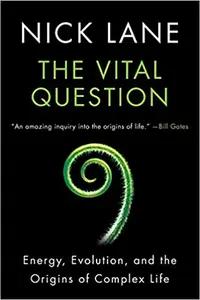
The Vital Question
Nick Lane
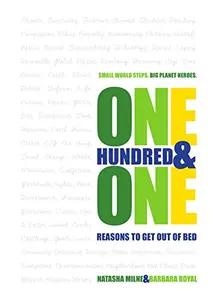
101 Reasons to Get Out of Bed
Natasha Milne
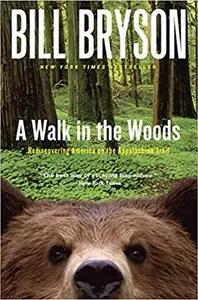
A Walk in the Woods
Bill Bryson
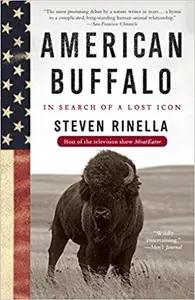
American Buffalo
Steven Rinella
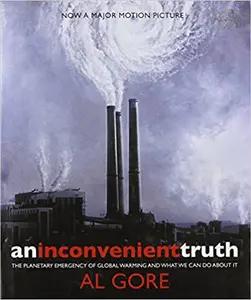
An Inconvenient Truth
Al Gore
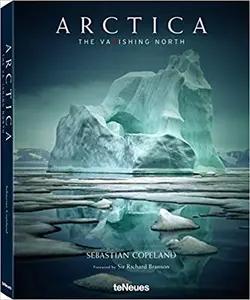
Arctica
Sebastian Copeland
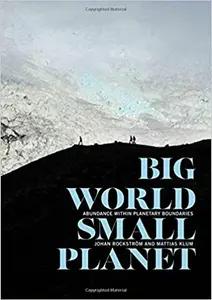
Big World, Small Planet
Johan Rockström and Mattias Klum
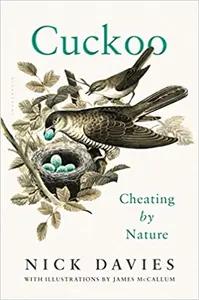
Cuckoo
Nick Davies

Fauna & Family
Gerald Durrell
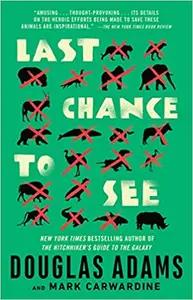
Last Chance to See
Douglas Adams
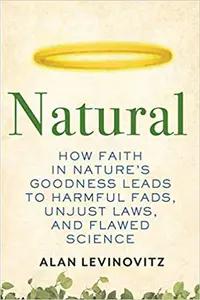
Natural
Alan Levinovitz
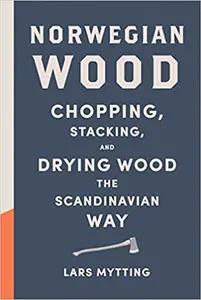
Norwegian Wood
Lars Mytting
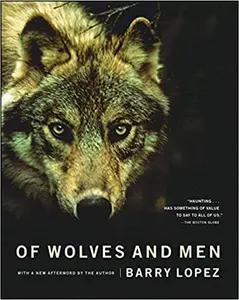
Of Wolves and Men
Barry Lopez
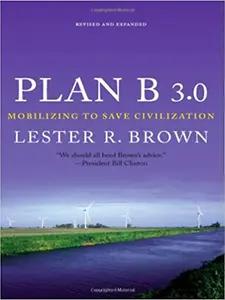
Plan B 3.0
Lester R. Brown
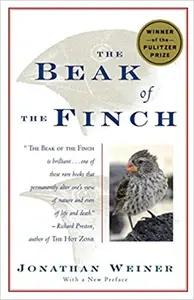
The Beak of the Finch
Jonathan Weiner
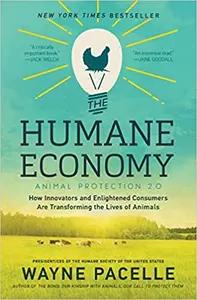
The Humane Economy
Wayne Pacelle
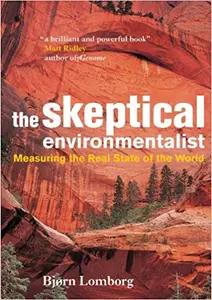
The Skeptical Environmentalist
Bjørn Lomborg
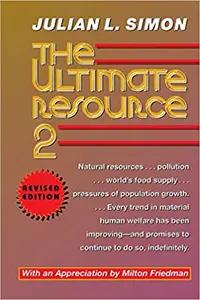
The Ultimate Resource 2
Julian Simon
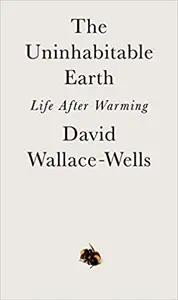
The Uninhabitable Earth
David Wallace-Wells
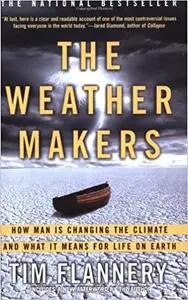
The Weather Makers
Tim Flannery
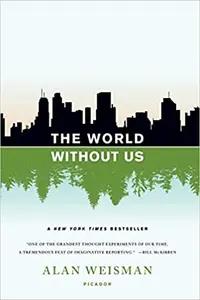
The World Without Us
Alan Weisman
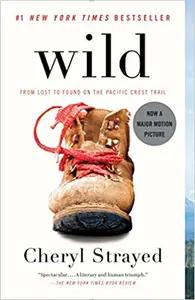
Wild
Cheryl Strayed
Popular Books Recommended by Great Minds 📚
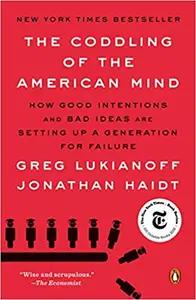
The Coddling of the American Mind
Greg Lukianoff & Jonathan Haidt
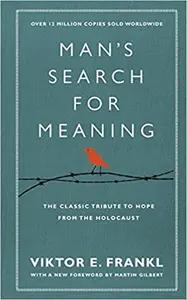
Man's Search for Meaning
Viktor Frankl
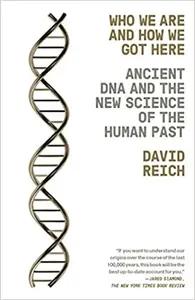
Who We Are and How We Got Here
David Reich
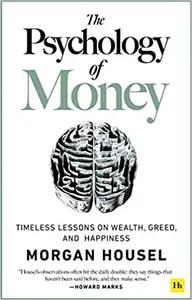
The Psychology of Money
Morgan Housel
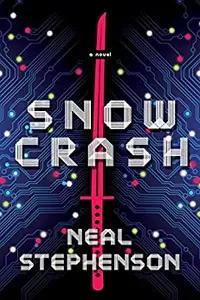
Snow Crash
Neal Stephenson
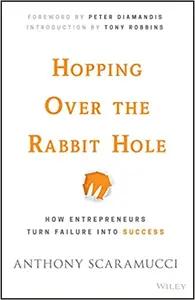
Hopping Over The Rabbit Hole
Anthony Scaramucci
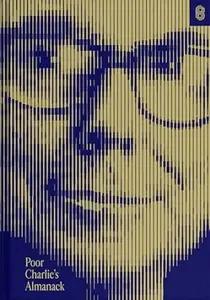
Poor Charlie's Almanack
Charlie Munger
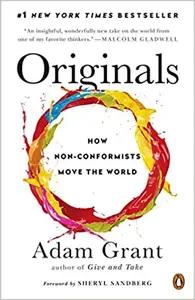
Originals
Adam Grant
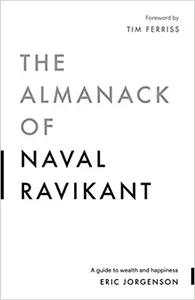
The Almanack of Naval Ravikant
Eric Jorgenson
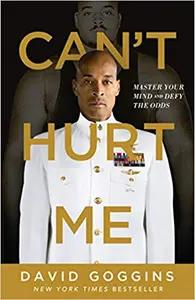
Can't Hurt Me
David Goggins
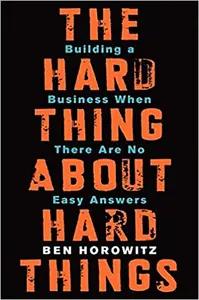
The Hard Thing About Hard Things
Ben Horowitz
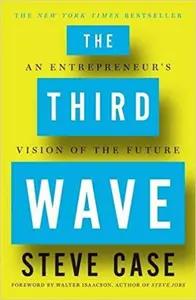
The Third Wave
Steve Case
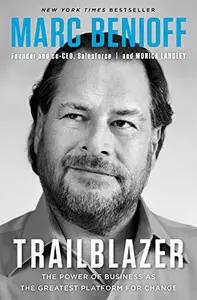
Trailblazer
Marc Benioff
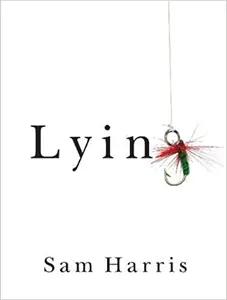
Lying
Sam Harris
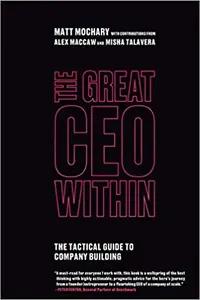
The Great CEO Within
Matt Mochary
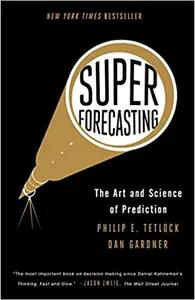
Superforecasting
Philip Tetlock
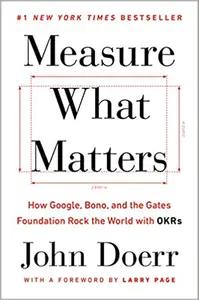
Measure What Matters
John Doerr
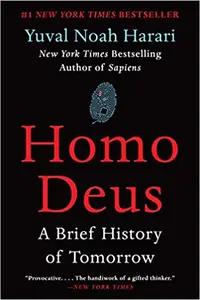
Homo Deus
Yuval Noah Harari
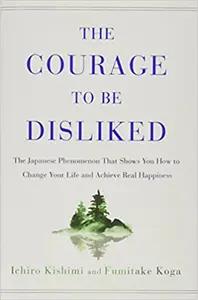
The Courage To Be Disliked
Ichiro Kishimi
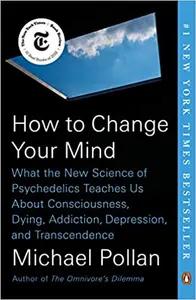
How to Change Your Mind
Michael Pollan
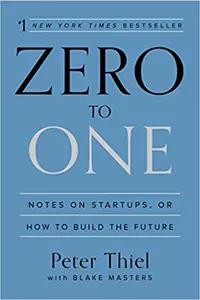
Zero to One
Peter Thiel
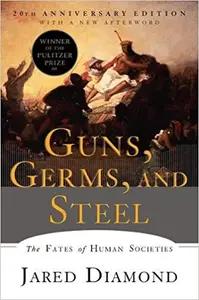
Guns, Germs, and Steel
Jared Diamond
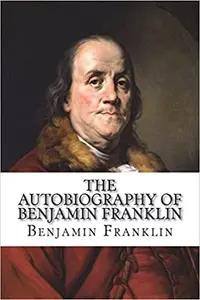
The Autobiography of Benjamin Franklin
Benjamin Franklin
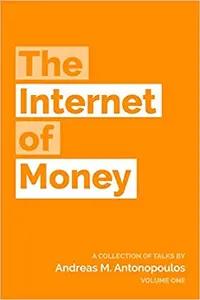
The Internet of Money Volume 1
Andreas Antonopolous
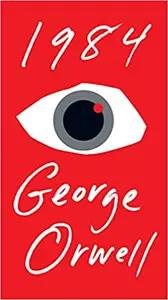
1984
George Orwell
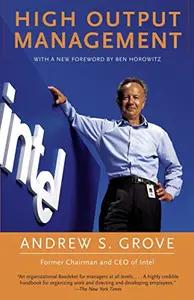
High Output Management
Andrew Grove
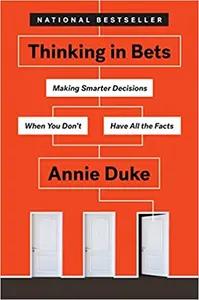
Thinking In Bets
Annie Duke
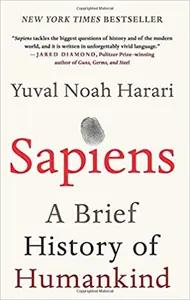
Sapiens
Yuval Noah Harari
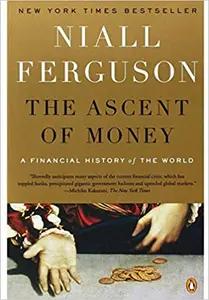
The Ascent of Money
Niall Ferguson
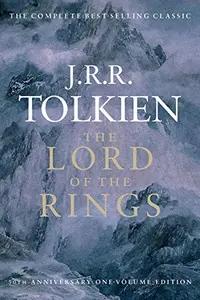
The Lord of the Rings
J.R.R. Tolkien